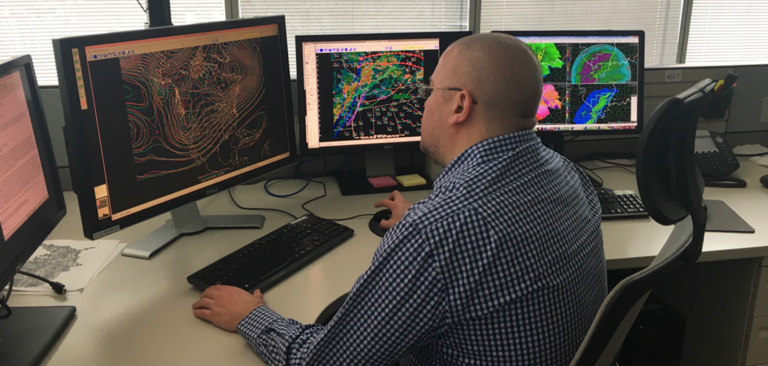The US National Oceanic and Atmospheric Administration (NOAA) and the National Center for Atmospheric Research (NCAR) have joined forces to help the nations weather and climate modeling scientists achieve mutual benefits through more strategic collaboration, shared resources and information. The organizations signed a memorandum establishing a new partnership to design a common modeling infrastructure that will be transparent and easy to access by public and private researchers, including academia and industry experts. By leveraging efficiencies and synergies, reducing duplication of effort, and creating shared model repositories, future research advances will more quickly benefit the public through better weather and climate forecasts. Historically, different architectures for developing weather and climate models across the public and private sector created challenges for implementing the very best systems quickly, said Neil Jacobs, assistant secretary of commerce for environmental observation and prediction, NOAA. This new framework streamlines the entire process and gives both researchers and forecasters the same tools across the weather enterprise to accelerate the development of forecast models. The agreement establishes the governance to allow NOAA and NCAR to prioritize and coordinate existing and ongoing investments. It does not replace existing governance structures or commit new funding for collaborative work. The agreement marks a fundamental shift toward community modeling, which is a concept that will enable the entire weather enterprise to accelerate the transition of new approaches from research into operations. It also allows NOAA to transition to a Unified Forecast System (UFS), which is a community-based, coupled comprehensive weather and climate modeling system with its partners. NCAR brings considerable expertise to the partnership, as its scientists have worked with the research community for many years to develop community weather and climate models. Antonio Busalacchi, president of the University Corporation for Atmospheric Research (UCAR), which manages NCAR on behalf of the National Science Foundation, said, By combining NCARs community modeling expertise with NOAAs excellence in real-time operational forecasting, this agreement will accelerate our ability to predict weather and climate in ways that are vital for protecting life and property. This will enable the nation to produce world-class models that are second to none, generating substantial benefits for the American taxpayer. Additionally, NOAA is taking steps to establish a new Earth Prediction Innovation Center, made possible by the recent reauthorization of the Weather and Research Forecasting Innovation Act of 2017. The virtual center will enable the research community to develop new and emerging model technology that can be quickly transitioned into forecast operations at NOAAs National Weather Service. The operational global Earth system models will be made available to the research community to support scientific and research work. Jacobs added, The Earth Prediction Innovation Center, UFS, and the joint NOAA/NCAR agreement are critical elements that will position the USA to regain its standing as a leader on the international earth-system modeling stage. The improved modeling capability will improve our life-saving watches and warnings. With a new stage set for community modeling, NOAA is poised to upgrade the Global Forecasting System in the months ahead with the addition of a new dynamic core, called the FV3. The FV3-based GFS will be the first NOAA application derived from community modeling and will improve forecast accuracy.
NOAA and NCAR collaborate on common modeling infrastructure



